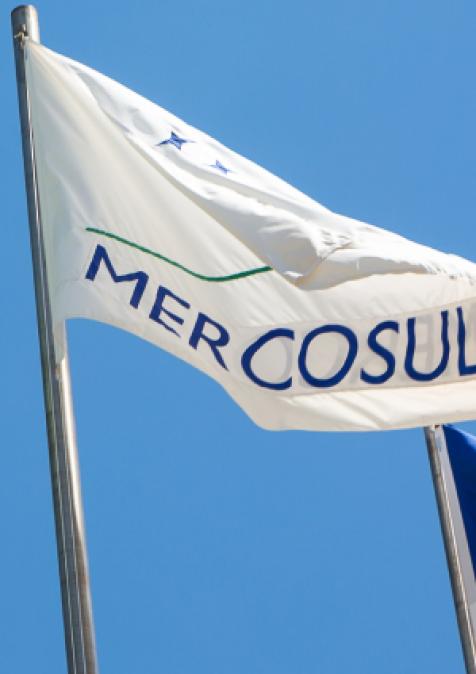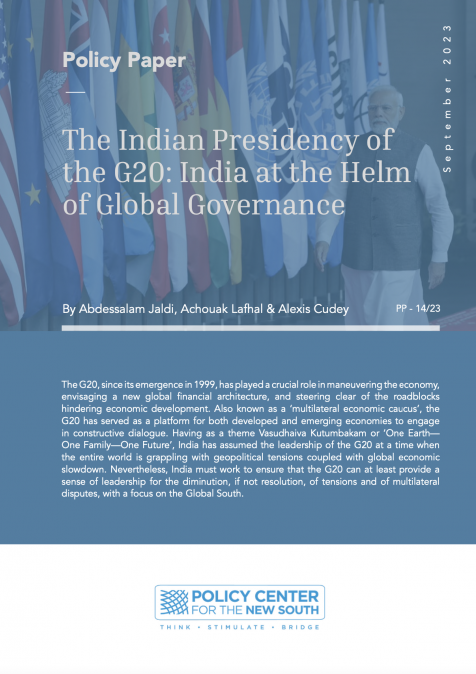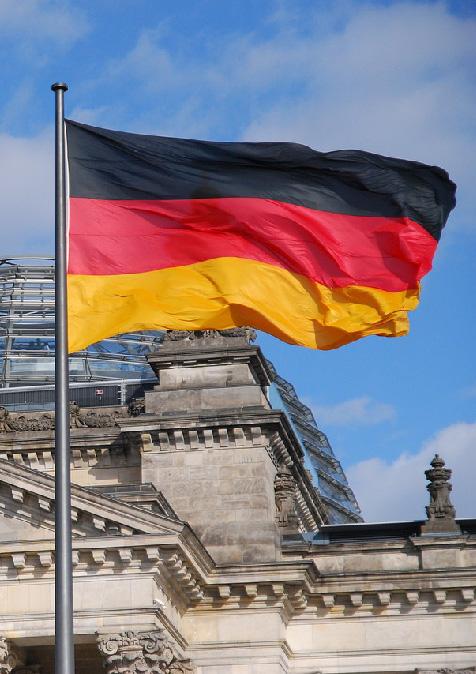Global Impact of Migration: Celebrating International Migrants Day and Addressing Challenges
Each year on December 18th, the World is celebrating the International Migrants Day. Let us all, by this occasion seize the opportunity to recall all the opportunities brought by those migrants, estimated at more than 281 million international migrants in last years’ IOM report, those hard-working individuals contributed to an amount of 702 billion USD globally in 2020. But the same year also witnessed 89.4 million displaced population at the international level including refugees, asylum seekers and internally displaced persons. Economic reasons and the search for better living conditions continue to be the main driver of this international migration. However, year after year, mixed migration that is the result of compounded crisis such us the effects of climate change, food insecurity, conflicts and political instability are increasingly gaining ground in driving people to quit their countries of origin, in the search for better horizon. It is hence important to remind ourselves of the key role played by international migrants in driving both the economies of the host and origin countries, and hence recognize that the key to combatting irregular migration is through improving mobility schemes such as circular migration programs, instead of spreading hate narratives on migrants and their role at the international level.







